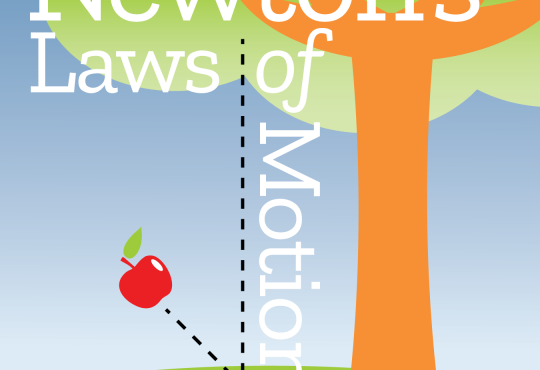
Bachelor of Computer Applications (BCA) Course
In the modern digital era, the demand for professionals skilled in computer applications and software development is ever-increasing. The Bachelor of Computer Applications (BCA) course has emerged as a popular undergraduate program for students who aspire to build a career in the IT and software industry. This article provides an overview of the BCA course, its structure, career opportunities, and why it’s an excellent choice for tech enthusiasts.
What is BCA?
BCA is a three-year undergraduate program that focuses on the fundamentals of computer science and its applications. The course equips students with theoretical knowledge and practical skills in programming, software development, database management, web design, and networking. It is an ideal choice for individuals who want to pursue a career in information technology or related fields.
Eligibility Criteria
To enroll in a BCA program, students typically need to meet the following eligibility requirements:
- Completion of 10+2 education from a recognized board.
- A minimum aggregate score of 50-60% (varies by institution).
- Mathematics as a subject in 10+2 (in some institutions).
Course Structure
The BCA curriculum is designed to provide a balance of theoretical concepts and practical applications. While the specific syllabus may vary by university, the course generally includes the following subjects:
- Programming Languages: C, C++, Java, Python.
- Database Management Systems (DBMS): Understanding data organization and management.
- Web Development: HTML, CSS, JavaScript, and PHP.
- Computer Networks: Basics of networking and security protocols.
- Software Engineering: Principles and methodologies of software development.
- Operating Systems: Concepts of operating systems like Windows, Linux, and Unix.
- Mathematics: Discrete mathematics and its applications in computing.
- Data Structures: Algorithms and data management techniques.
Additionally, students often engage in projects, internships, and seminars to gain hands-on experience and industry exposure.
Career Opportunities after BCA
A BCA degree opens up a plethora of career opportunities in various domains of the IT industry. Some popular career options include:
- Software Developer: Designing and developing software applications.
- Web Developer: Creating and maintaining websites.
- Database Administrator: Managing and organizing databases.
- System Analyst: Evaluating and improving IT systems.
- Network Administrator: Managing network infrastructure and security.
- Mobile App Developer: Developing applications for Android and iOS platforms.
- IT Consultant: Advising businesses on IT strategies and solutions.
Graduates can also opt for higher studies, such as a Master of Computer Applications (MCA), MBA in IT, or certifications in specialized areas like data science, artificial intelligence, and cybersecurity.
Why Choose BCA?
- Industry-Relevant Skills: The program equips students with skills in high demand across various industries.
- Affordability: Compared to engineering courses, BCA is often more affordable while offering similar career prospects.
- Flexibility: Many universities offer BCA in regular, online, and distance learning modes, making it accessible to a wider audience.
- Foundation for Innovation: The course fosters a strong foundation in computing, encouraging students to innovate and solve real-world problems.
Top Institutions Offering BCA
Some renowned institutions for pursuing a BCA degree include:
- Christ University, Bengaluru
- Symbiosis Institute of Computer Studies and Research, Pune
- Loyola College, Chennai
- Amity University, Noida
- SRM Institute of Science and Technology, Chennai
Conclusion
The BCA course is an excellent stepping stone for students passionate about technology and computer applications. It provides a blend of theoretical knowledge and practical exposure, preparing graduates for a rewarding career in the IT industry. With the growing reliance on technology, a BCA degree ensures a promising future for tech-savvy individuals.



